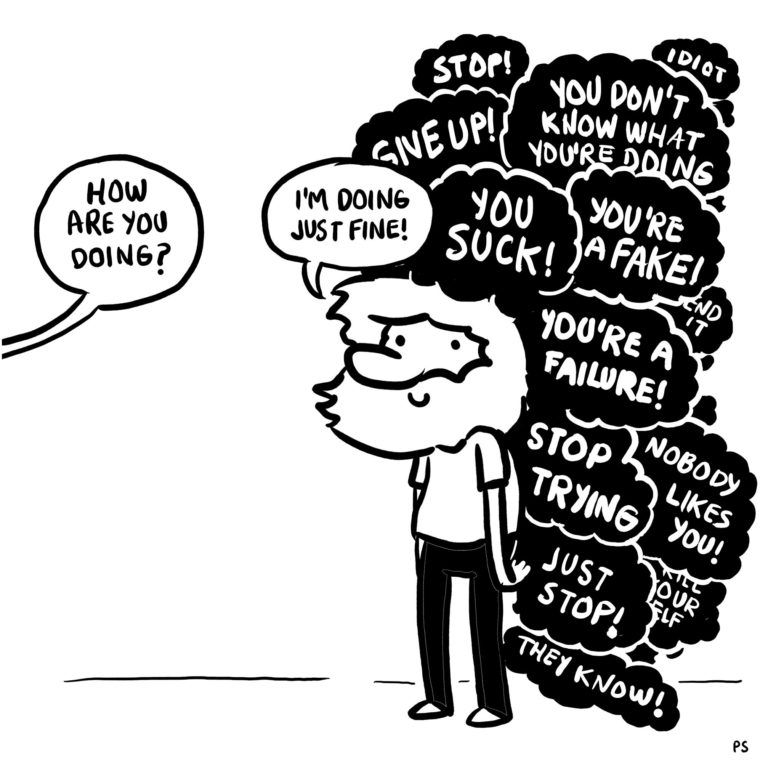Impostor syndrome : The syndrome of feeling unqualified
- Inner Odyssey

- Oct 25, 2020
- 2 min read
Updated: Nov 1, 2020

Even after accomplishing a challenging objective and fulfilling a great work, some people may have a feeling that they have not earned their accomplishment or that their work doesn't deserve appreciation from their peers.
Some of us may feel that their skills and abilities are not worthy of others attention. Some students assume that their acceptance at university had been an admission error. Does it happen to be your case? Well, that was mine anyway. But in fact, I haven't thought it would be a matter of such importance to be qualified as a syndrome. That is the Imposter Syndrome.
Psychologist Pauline Rose Clance was the first to study this unwarranted sense of insecurity. In her work as a therapist, she noticed many of her undergraduate patients shared a concern: though they had high grades, they didn't believe they deserved theirs spots at the university.
To call it a syndrome is to downplay how universal it is. It is not a disease or an abnormality, and it isn't necessarily tied to depression, anxiety or self-esteem.
So where do these feelings of fraudulence come from?

People who are highly skilled and accomplished tend to think that their colleagues are just as skilled. This can spiral into feelings that they don't deserve accolades and opportunities over other people. And there is often no threshold of accomplishment that puts these feelings to rest.
Feelings of impostorism are not restricted to highly skilled individuals. Everyone is susceptible to a phenomenon known as Pluralistic Ignorance, where we each doubt ourselves privately, but believe we are alone in thinking that way, because no one else voices their doubts. Since it is really hard to know how really hard others work, how difficult they find certain tasks, or how much they doubt themselves, there is no way to dismiss feelings that we are less capable than the people around us.
Feelings of impostorism can prevent some people from sharing their ideas with others, or applying for jobs or programs where they would excel.
Is there a way to prevent those feelings?
At least so far, the most surefire way to combat imposter syndrome is to talk about it. Many people suffering from imposter syndrome fear that if they're asked about their performance, their fears will be confirmed. And even when they receive a positive feedback, it often fails to ease their feelings of fraudulence. But on the other hand, hearing that an advisor or mentor has experienced feelings of impostorism can help relieve those feelings. The same goes for peers. You can have conversations about academic and professional challenges.
With increasing awareness of how common these experiences are, perhaps we can feel freer to be frank about our feelings and build some confidence in some simple truths: you have talent, you are capable, and you belong.
Inspired from TED-Ed.



Comments